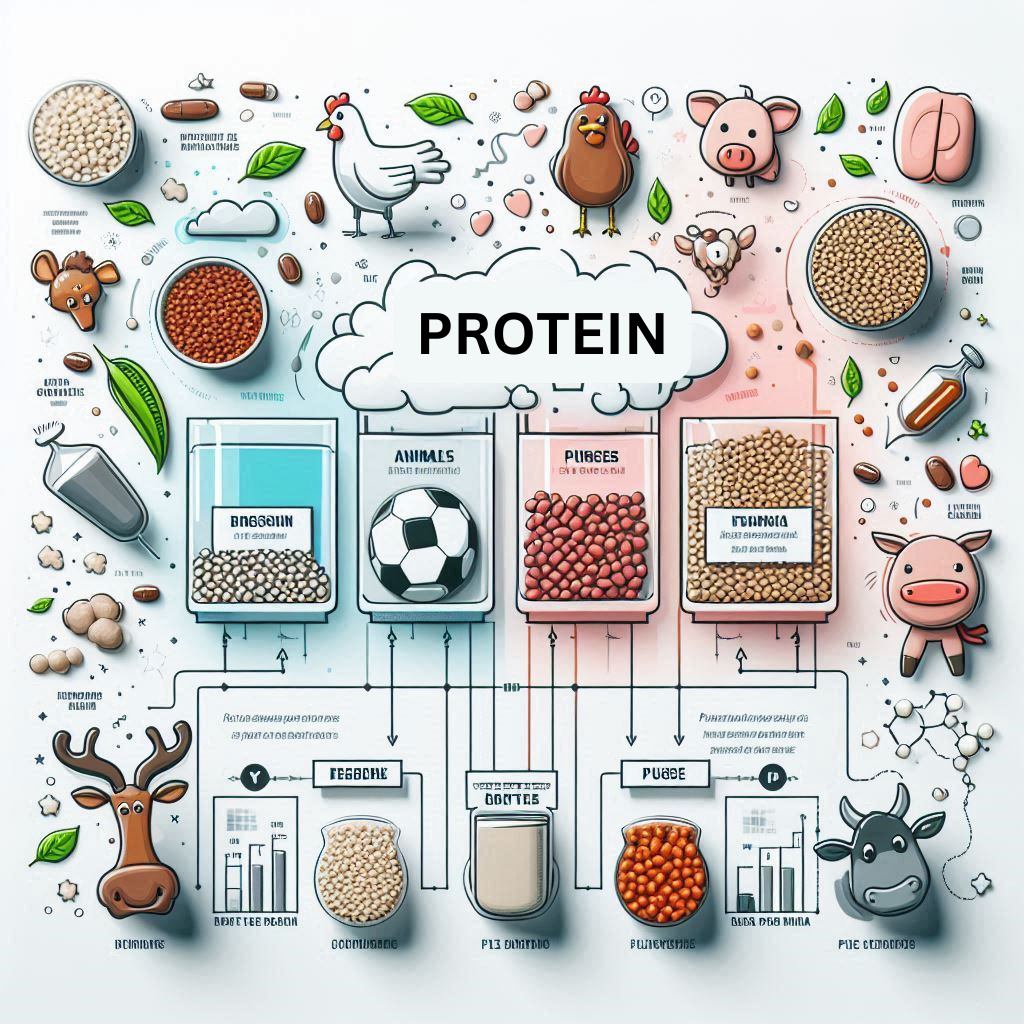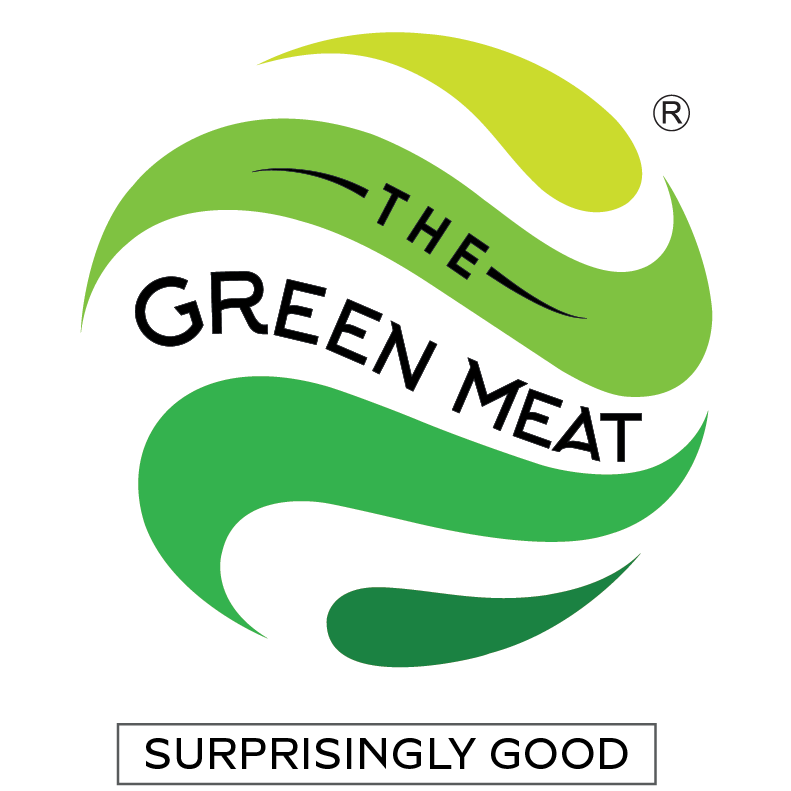Plant Protein vs. Animal Protein: A Deep Dive into Amino Acids and Bioavailability
In the world of nutrition, few topics spark as much debate as plant protein versus animal protein. Whether you’re a fitness enthusiast, a professional chef, or someone exploring healthier, more sustainable eating choices, understanding the nutritional quality of your protein source is key.
At GreenMeat, we’ve built our products on high-quality pea and soy protein isolates, and we often get asked:
“How do they really stack up against animal protein?”
Let’s break it down with science.
1. Amino Acid Profile: Are Plant Proteins Complete?
The human body needs nine essential amino acids from the food we eat because we can’t produce them on our own. A “complete” protein provides all of these in adequate amounts.
✅ Animal Proteins
Animal proteins (meat, eggs, dairy) contain all essential amino acids.
✅ Pea and Soy Proteins
Unlike most plant proteins, pea and soy protein isolates are complete proteins too. While pea protein can be slightly lower in Methionine and Cysteine, soy protein balances this well, offering a complete amino acid profile comparable to animal protein.
Amino Acid Comparison Table
| Essential Amino Acid | Animal Protein (Egg, Meat) | Pea and Soy Protein Isolates |
|---|---|---|
| Histidine | ✔️ Complete | ✔️ Complete |
| Isoleucine | ✔️ Complete | ✔️ Complete |
| Leucine | ✔️ Complete | ✔️ Complete |
| Lysine | ✔️ Complete | ✔️ High in Soy & Pea |
| Methionine + Cysteine | ✔️ Complete | ✔️ Adequate in Pea & Soy Combo |
| Phenylalanine + Tyrosine | ✔️ Complete | ✔️ Complete |
| Threonine | ✔️ Complete | ✔️ Complete |
| Tryptophan | ✔️ Complete | ✔️ Complete |
| Valine | ✔️ Complete | ✔️ Complete |
📚 Sources
2. Bioavailability: How Well Does Your Body Absorb It?
Protein quality isn’t just about what’s in it—it’s about how digestible and absorbable it is. Scientists use PDCAAS and DIAAS scores to measure how efficiently we can use dietary protein.
✅ PDCAAS (Protein Digestibility-Corrected Amino Acid Score)
A value of 1.0 indicates the protein provides 100% of all essential amino acids in forms our body can readily absorb.
✅ DIAAS (Digestible Indispensable Amino Acid Score)
DIAAS is a newer, more accurate system that looks specifically at how well each amino acid is digested and absorbed.
Bioavailability Comparison Table
| Protein Source | PDCAAS | DIAAS |
|---|---|---|
| Whey Protein | 1.00 | 1.09 – 1.21 |
| Egg White | 1.00 | 1.13 |
| Beef | 0.92 – 0.96 | 0.82 – 0.92 |
| Soy Protein Isolate | 1.00 | 0.90 – 1.00 |
| Pea Protein Isolate | 0.89 – 0.93 | 0.82 – 1.00 |
📚 Sources
- FAO 2013 Report on DIAAS
- Real ileal amino acid digestibility of pea protein compared to casein in healthy humans: a randomized trial – PubMed
What This Means for You
Both pea and soy protein isolates used in GreenMeat are:
✅ Complete proteins
✅ Highly digestible
✅ Provide bioavailability comparable to many animal-based proteins
✅ Offer these benefits without cholesterol, excess saturated fats, or the ethical and environmental concerns associated with industrial animal farming.
Why We Chose Pea & Soy Protein for GreenMeat
When we started GreenMeat, our goal was simple:
✔️ Provide a versatile, everyday plant-based protein option that fits seamlessly into traditional home-cooked meals
✔️ Keep it minimally processed, using only thermal and mechanical processes like making roti from atta and water
✔️ Use no preservatives, no E-numbers, and no artificial additives
✔️ Deliver the texture and mouthfeel people expect from animal-based meat—without compromising on nutrition, health or values.
Final Thoughts
We respect all food choices and celebrate the diversity of diets that exist. But for those exploring plant-based alternatives, pea and soy proteins offer a nutritionally robust, sustainable, and ethically sound option—without sacrificing quality.
💚 Want to explore more?
Check out our products: GreenMeat Shop


